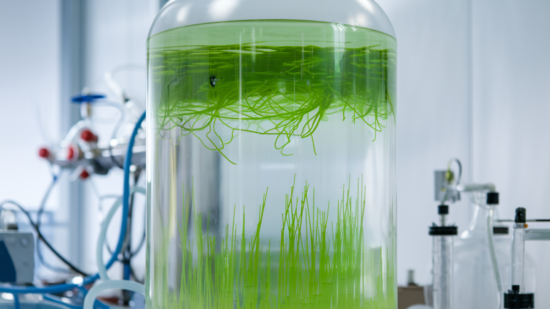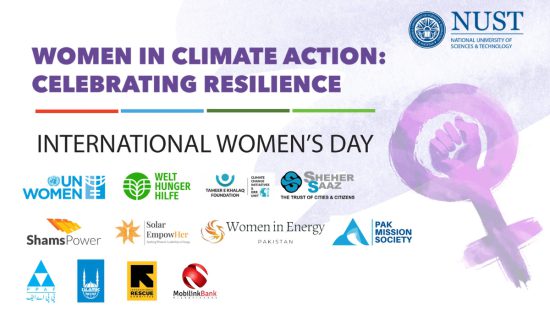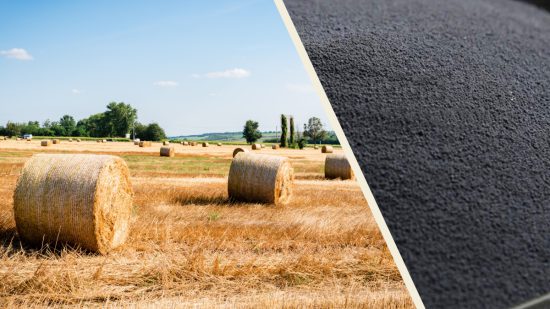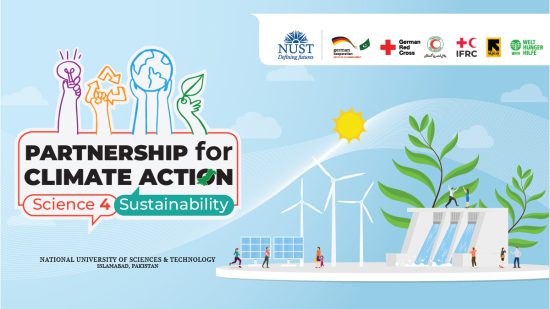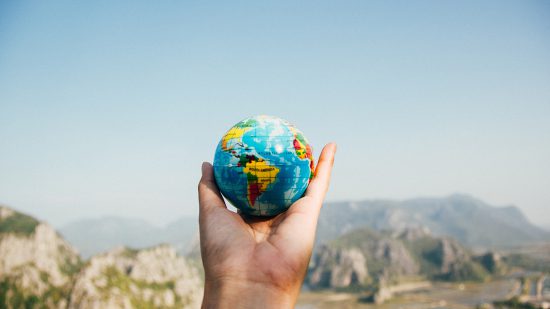Pakistan’s Mineral Wealth: A Pathway to Economic Growth and Energy Innovation
Pakistan is rich with a wealth of diverse mineral resources, including reserves of metals like copper, iron and gold and non-metallic reserves like marble and gypsum. These are essential resources for various industrial and technological advancements in the twenty-first century. According to recent estimates by geological survey of Pakistan a total value of over $6…
![]()


